Guide your students to review weathering, erosion and deposition vocabulary words with this free dice game.
What Is the Difference Between Weathering, Erosion and Deposition?
Is this a question your students are struggling to answer in your science class? Whether this is your first year in this grade level or perhaps you’ve spent some time away from this subject area, let’s take a look at the key differences between these 3 science terms.
Weathering is the first step in the W.E.D. sequence. It involves breaking down rocks and minerals physically through temperature changes, wind or ice, or chemically through water, acids and oxygen. This process weakens rocks and prepares them for further change.
After weathering has prepared the materials, erosion becomes the focus. Erosion is the process by which weathered rocks, sediments and soil are moved from one place to another by natural forces such as wind, water, ice and gravity. It can be thought of as a natural transportation system! For example, a river carving a canyon or wind carrying sand dunes across a desert. Erosion plays a role in reshaping landscapes by wearing away surfaces and transporting particles to different areas.
The final step in the process is called deposition. This happens when materials that have been eroded are dropped or settle into a new location. This occurs when the forces that were carrying them lose their energy. For example, a river might deposit sediment when it slows down and enters a calm lake. Deposition creates new landforms and gradually builds up landscapes over time.
4th and 5th Grade Science Vocabulary Game
If you are looking for an engaging way for your students to review science vocabulary terms for your Earth Sciences unit, you have come to the right place! Teach Starter has created an easy-to-implement game for your 4th and 5th grade classroom. This teacher-created resource includes a definition list of 18 vocabulary terms and a printable dice game.
To play this game, students simply take turns rolling a die, reading the vocabulary definition at the top of the corresponding column and guessing the correct term. A definition sheet is also included to check their answers and use at home for study purposes.
The vocabulary terms included in this resource are:
| chemical weathering | erosion | deposition | abrasion | glacier | mechanical weathering |
| biological weathering | river delta |
sand dune |
barrier island | ice wedging |
landforms |
| canyon | acid rain | meander | rocks | oxidation | sediment |
Easily Prepare This Vocabulary Game for Your Students
If you are ready to use this printable science game in your classroom, head on over to the green download button. Here, you will find the quick-print PDF file and the editable Google Slides option. If selecting the Google Slides document, please note that you will first be prompted to make a copy of the resource to your personal drive before accessing it.
This resource was created by Cassandra Friesen, a teacher in Colorado and a Teach Starter Collaborator.
More Resources for your Earth Sciences Unit!
Don’t stop there! We’ve got more activities and resources that cut down on lesson planning time:
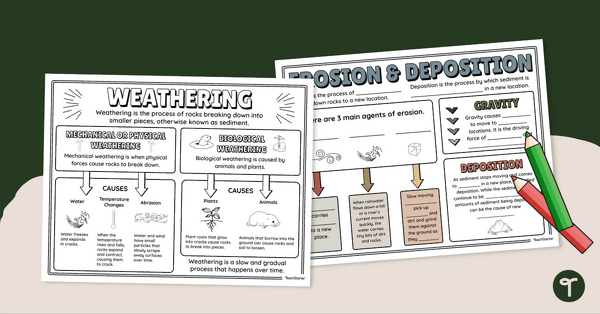
teaching resource
Weathering, Erosion and Deposition Doodle Notes
Engage your students with a set of science doodle notes when learning about erosion, weathering and deposition.
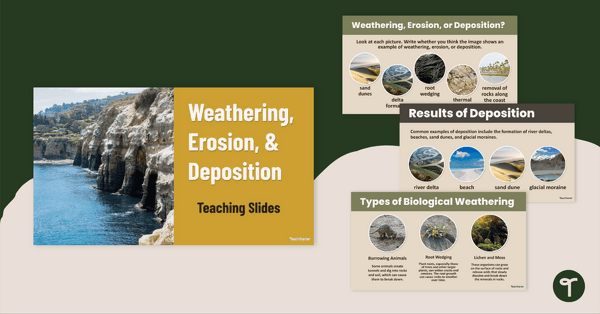
teaching resource
Weathering, Erosion and Deposition – Teaching Slides
Learn about the different types of weathering, effects of erosion, results of deposition and more with this set of teaching slides.
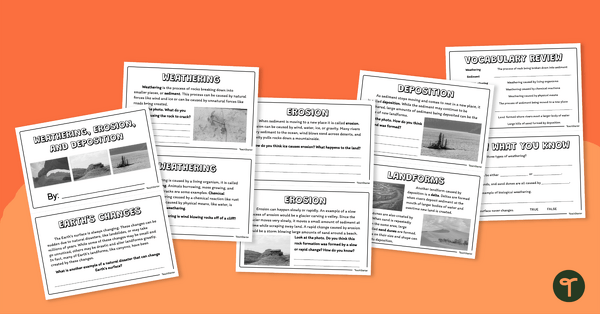
teaching resource
Weathering, Erosion and Deposition Mini-Book
Introduce your students to the different slow changes to Earth’s surface with a printable mini-book designed for 4th and 5th-grade students.
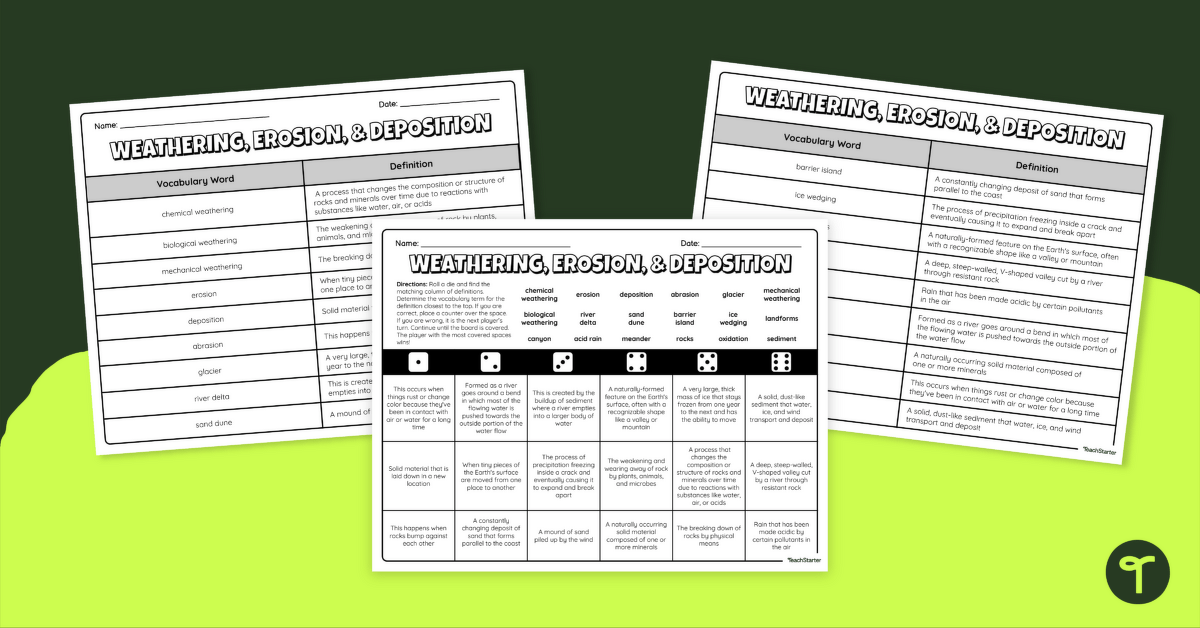

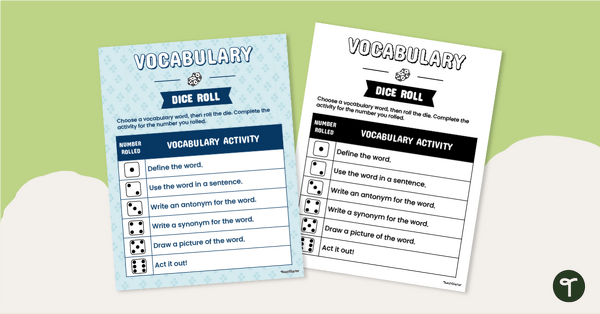
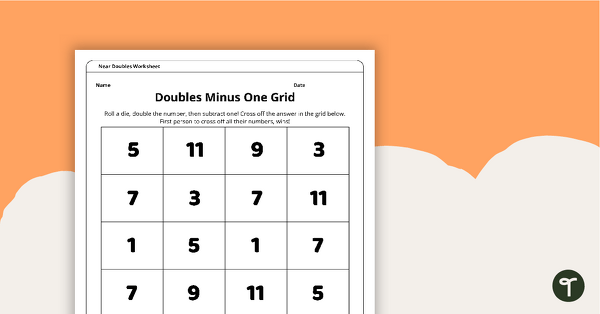
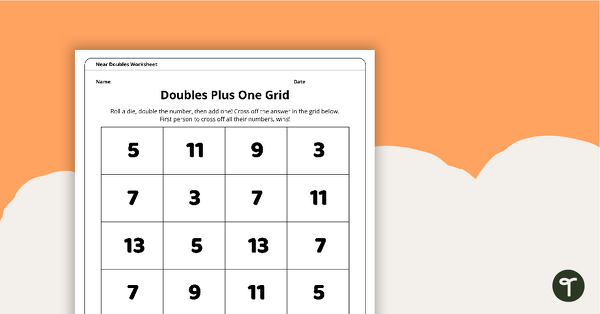

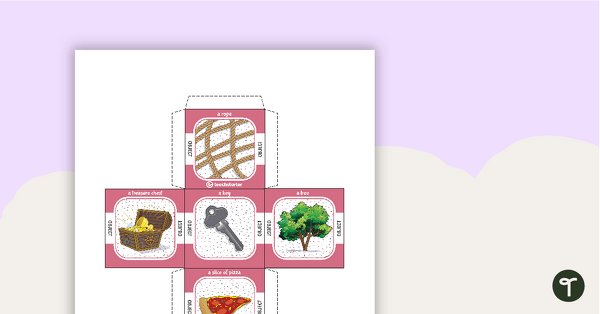

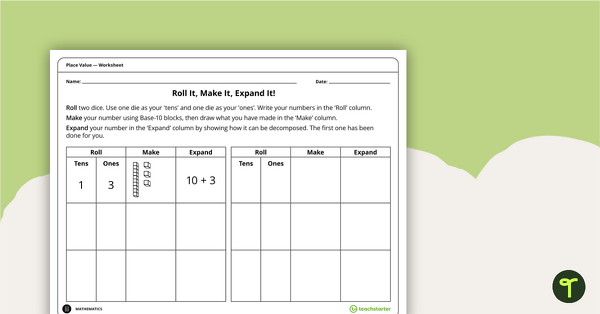

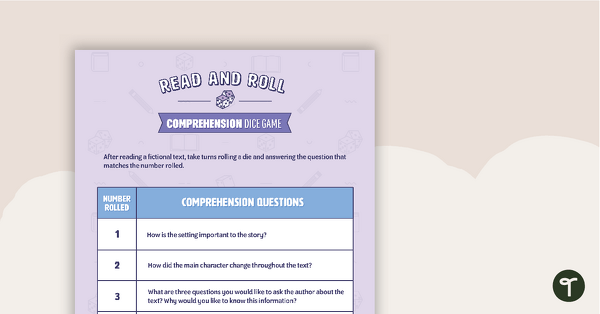

0 Comments
Write a review to help other teachers and parents like yourself. If you'd like to request a change to this resource, or report an error, select the corresponding tab above.